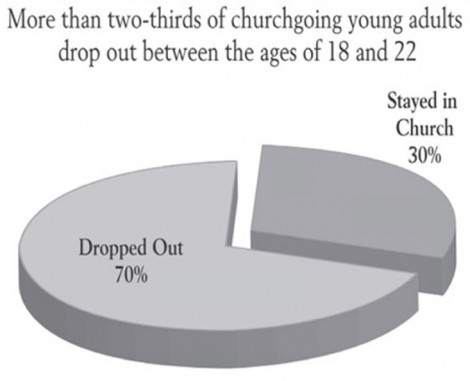The community of faith relies upon the giftedness and servanthood of its members and regular attendees of the church. I think everybody ought to officially join the church because we all know that “membership has its privileges” and it is a privilege to serve our Lord and Savior Jesus Christ.
I like what Moses writes in Exodus… God says:
“And I have personally appointed Oholiab son of Ahisamach, of the tribe of Dan, to be his assistant. Moreover, I have given special skill to all the gifted craftsmen so they can make all the things I have commanded you to make:” (Exodus 31:6)
Did you catch that? First notice who gave the skill. God tells Moses, “I have given…”The skills and abilities that we possess are God-given and they need to be used for his glory. We also need to stay humble because GOD is the one who gave us any skills at all.
In this same phrase, notice the past tense, (or in Hebrew) the completed action of when God gave the skill. The phrase, HAVE GIVEN tells me that the skill is already there, we must simply exercise it and turn it loose. How will we know if we are good at something unless we attempt new things and develop the skills within us?
Next, notice that God had given a special skill to ALL the gifted craftsmen. How many times do we feel like God gives skills and abilities to only a few people. Search for the skill that he has given you, develop it and use it for his glory.
Then notice that God PERSONALLY appointed Oholiab, which tells me that God CALLS people to come out of their normal routine in order to join him in his work in the this world. You possess a skill that only you can use to further the Kingdom of God. God has a plan and he wants you to walk in obedience, and he personally calls all of us to join him. God help us to listen.
Additionally, notice that God is talking to MOSES about the skills of Oholiab. I have to wonder it God already spoke to Oholiab or is Moses the first to hear about this and will go to Oholiab to enlist him in God’s service. Perhaps God will open the eyes of some skilled people by using OTHERS to enlist them into service. Who is around you in whom YOU notice their skills and how those skills can be used for the Lord?
Also notice that God commanded MOSES to make the sacred things for worship, so the leader NEEDED skilled people to make it happen. Who around us has the skills we need to accomplish great things for God?
Finally, notice that he gives skills to people for a PURPOSE, “so they can make…” The skills he has given are to be used for the building up of HIS kingdom, because all else will fade away (Isaiah 40:8).
Do you ever get down on yourself and think you don’t have any skills to offer? It’s not true, God has given you many skills. Thinking you don’t have any skills is not humility, instead, you fail to correctly see the blessings given to you by God. We even devalue our skills when we compare ourselves to others and wish we had THEIR skills. Those thoughts are not complimentary towards God either. God has given skills to everyone and by embracing them we can truly use our skills to worship God. Take a moment to correctly identify your skills and embrace them to honor God.
[print_link] [email_link]
